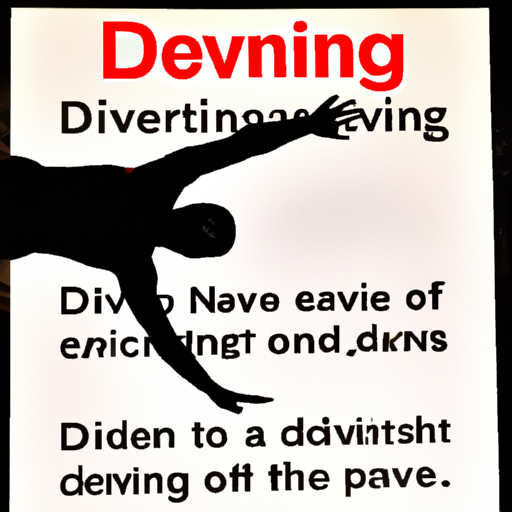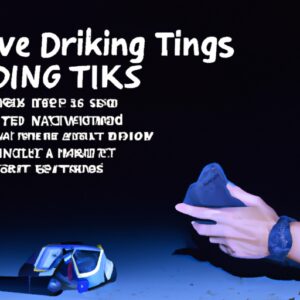
The Dangers of Overexertion While Diving and How to Avoid Them
Yo, fellow divers! Don’t you just love the feeling of weightlessness as you explore the depths of the ocean? I sure do. But, as much as we love diving, it’s important to always keep safety in mind. One of the biggest risks we face is overexertion. Today, we’re going to talk about why overexertion is dangerous and how you can avoid it to keep your dives safe and enjoyable.
Why is Overexertion Dangerous?
Simply put, overexertion can lead to fatigue, which can cause serious problems while diving. When you’re fatigued, your reaction time is slowed, making it more difficult to respond to unexpected situations. You’re also more likely to make mistakes, such as forgetting to check your gauges or misjudging your depth. If you become exhausted while diving, you may also be at risk of experiencing hypoxia, which occurs when your body doesn’t get enough oxygen.
How to Avoid Overexertion While Diving
Now that we know how dangerous overexertion can be, let’s talk about how to avoid it.
- Start Slow – If you’re new to diving or haven’t dived in a while, start with shorter dives and gradually work your way up to longer ones. This will give your body a chance to acclimate to the physical demands of diving.
- Stay Up-to-Date on Your Physical Fitness – Diving can be physically demanding, so it’s important to maintain a good level of fitness. Regular exercise, such as swimming or cardio, can help you build the endurance you need to avoid overexertion while diving.
- Choose the Right Gear – Make sure your equipment fits properly and is in good condition. Ill-fitting equipment can cause unnecessary strain on your body, while malfunctioning equipment can be downright dangerous.
- Monitor Your Depth and Time – Keeping track of your depth and bottom time is essential for safe diving. Going too deep or staying down too long can lead to exhaustion, so make sure you stick to the limits set by your training and your equipment.
- Dive with a Buddy – Having a dive buddy can help you conserve energy and stay safe. Not only can they help you in the event of an emergency, but they can also offer moral support and help you stay focused during the dive.
Conclusion
Remember, the goal of diving is to have fun and explore the underwater world. By taking steps to avoid overexertion, you can ensure that your dives are safe and enjoyable. So, make sure you’re well-rested, well-trained, and well-prepared before every dive. Stay safe out there, my fellow divers!







